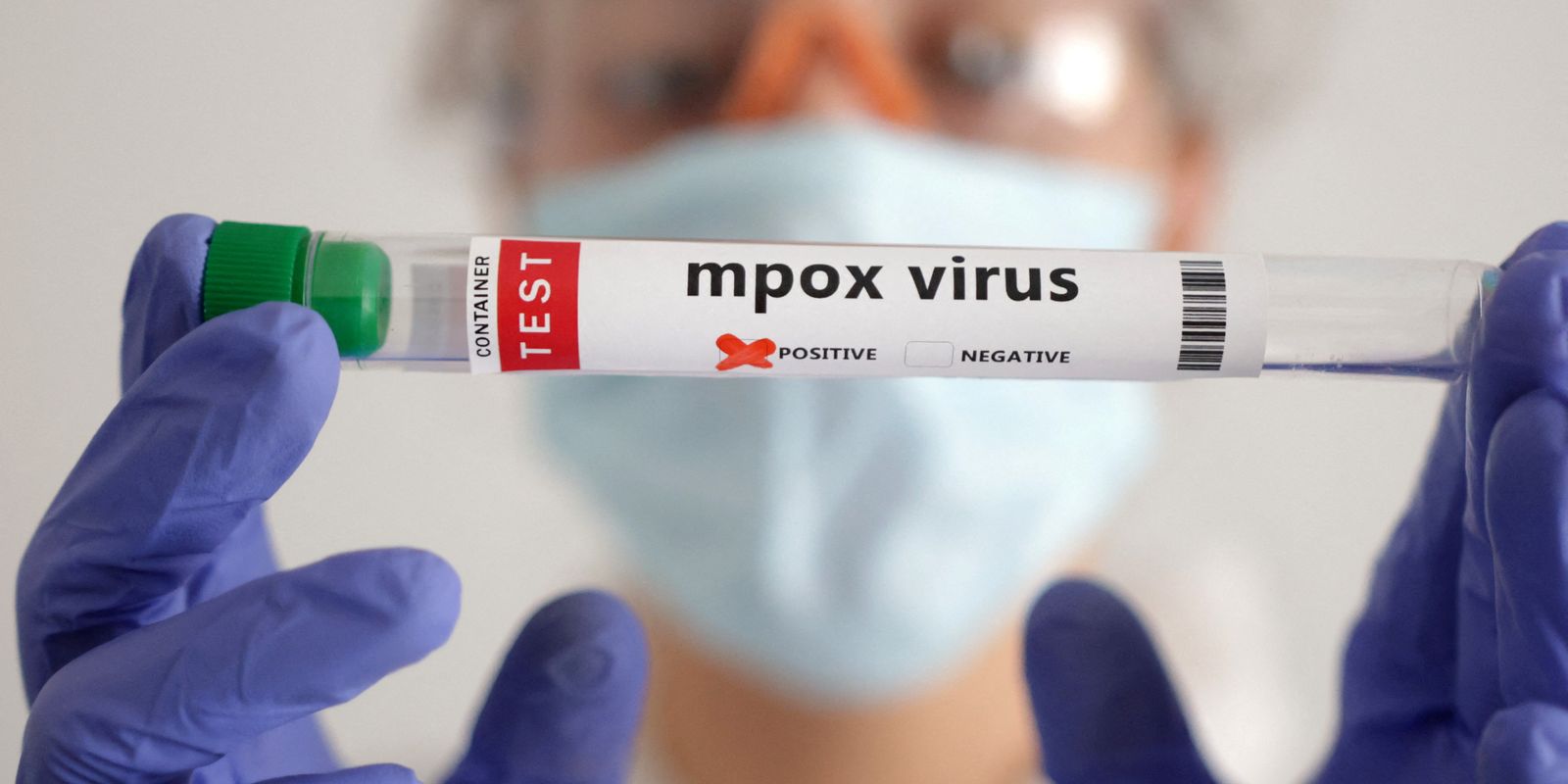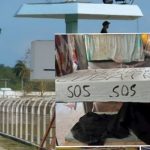The Director-General of the World Health Organization (WHO), Tedros Adhanom Ghebreyesus, has once again called for coordinated global efforts to contain the mpox epidemic. During a meeting with health authorities from several member states, he assessed that US$135 million will be needed over the next six months to implement a response plan capable of combating the spread of the disease.
“Let me be clear: this new epidemic of mpox can be controlled and it can be stopped. But doing so requires cohesive action between international agencies and partners, civil society, researchers and manufacturers, and Member States,” Tedros said as he presented an overview of the Global Strategic Plan for MPox Preparedness and Response in Geneva.
“To fund this work and stop the epidemic as quickly as possible, our initial estimates are that the plan requires approximately US$135 million over the next six months to combat the acute phase of the epidemic,” added the WHO Director-General.
Migrants
Last Wednesday (21), the International Organization for Migration (IOM) made an appeal for US$ 18.5 billion to provide crucial health care services for migrants, displaced people and reception points in several regions of the African continent that are at risk of outbreaks of mpox.
“The spread of mpox across East Africa, the Horn of Africa and southern Africa is a major concern, particularly for vulnerable migrants, frequently mobile populations and host communities who are often overlooked in crises like this,” said the organization’s director general, Amy Pope.
IOM is part of the United Nations (UN) system as the leading intergovernmental organization promoting humane and orderly migration for the benefit of all. “We must act quickly to protect those most at risk and to reduce the impact of this epidemic in the region,” Amy added.
Global scenario
At least six countries on the African continent have already registered cases of the new 1b variant of mpox: Democratic Republic of Congo, Uganda, Rwanda, Burundi, Kenya and Ivory Coast have confirmed cases. In Europe, Sweden has confirmed a case and, in Asia, Indonesia has also reported an infection by the new variant. In both cases, the patients were in African countries where there is an outbreak of the disease.
In the case of Thailand, a health surveillance team counted 43 people who had close contact with the patient, including people who had also been to the African continent, and were advised to monitor, over the next 21 days, for the appearance of symptoms such as fever, rash and enlarged lymph nodes. If any signs of the disease appear, the recommendation is to seek medical attention.
On Wednesday, the Brazilian government reported that there are no cases of the new variant of mpox registered in the country. Data from the Ministry of Health show that, in 2024, the country confirmed 791 cases of the disease, but all of them were of the 2b variant, already known. “The priority now is to reinforce surveillance to ensure rapid and effective responses,” the ministry highlighted in a note.
This week, Argentine health authorities quarantined a ship that left Brazil after one of the crew members showed symptoms compatible with mpox. In a statement, the Argentine Ministry of Health reported that the Liberian-flagged vessel left Santos (SP) and that the crew member in question, of Hindu nationality, has skin lesions predominantly on the trunk and face and has been isolated from the rest of the crew.
After laboratory tests, however, the Argentine government confirmed that the crew member tested positive for chickenpox, a disease popularly known as varicella and which presents symptoms similar to those of measles, including fever and skin lesions. As a result, Argentina remains without confirmed cases of the new variant identified on the African continent.
















